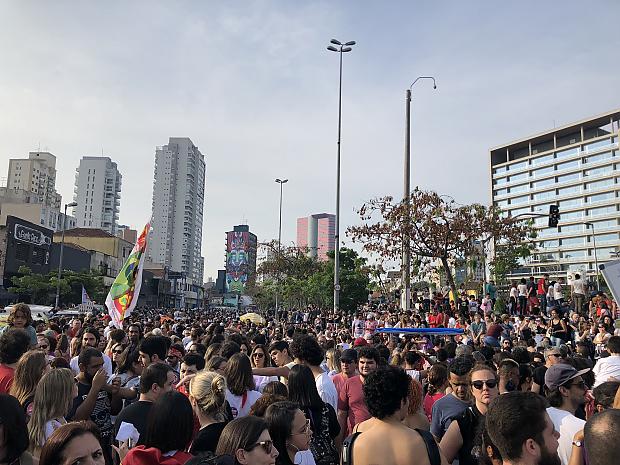Latest news
-
Brussels protects multinationals instead of citizens
15 May 2019
-
Netherlands must reject trade treaty with Canada
30 April 2019
-
SP Euro-MPs Anne-Marie Mineur and Dennis de Jong talk about their work in the European Parliament
23 April 2019
-
'Enhanced legitimacy, credibility, impact, and relevance': SP Senator's resolution improves working of Council of Europe
11 April 2019
-
Brexit Law excludes Parliament from deliberation
27 March 2019
-
National parliaments to move to adopt effective rules for authors' rights
26 March 2019
-
Stop the race to the bottom, fight the exploitation of workers
14 March 2019
-
At last a European approach to fraudulent invoices
13 March 2019
-
Singapore treaty is a sell-out to multinationals
13 February 2019
-
European public prosecutor, European fire brigade – what next?
12 February 2019
-
Halt negotiations with Mercosur trade bloc
22 November 2018
-
Great result for rail passengers' rights
15 November 2018
-
Growing conflict over MEPs' expenses
25 October 2018
-
Who runs our country?
17 October 2018
-
Call for a workers' 'Golden Share' heard all the way to Brussels
10 October 2018
-
European Parliament supports UN Treaty to force corporations to respect human rights
8 October 2018
-
A just migration policy: Five questions for Jasper van Dijk
6 October 2018
-
SP Success: no further broadening of tasks for European Public Prosecutor
13 September 2018
-
SP supports creative rights but not unnecessary censorship on the Internet
12 September 2018
-
Ombudsman accuses Commission of maladministration in appointment of Secretary-General
4 September 2018
-
Big firms gain right to look at your bank account details
24 August 2018
-
Coach drivers sound alarm: hit the brakes!
17 August 2018
-
Ten years on from the August War, South Ossetia remains a frozen conflict
10 August 2018
-
Access to EU Council Documents: European Ombudsman rules in favour of SP
2 August 2018
Copyrights: Creative Commons bnd (tenzij anders vermeld)


